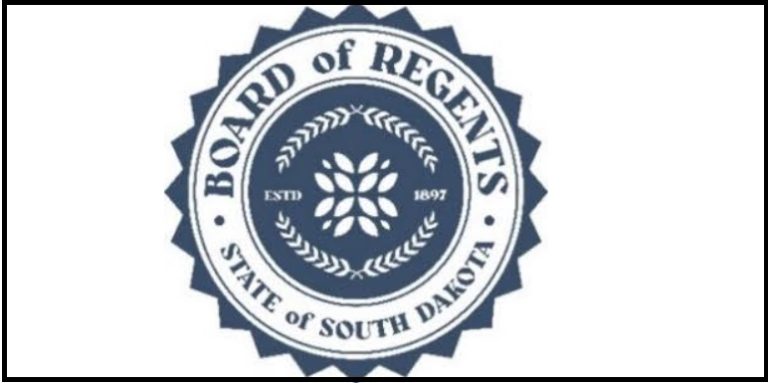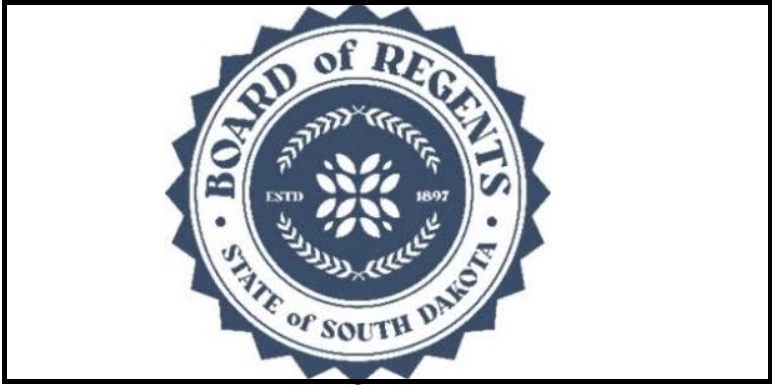PIERRE, S.D. – Last October, hundreds of politicians and business leaders from all over the country gathered to be wined, dined and guided into eastern South Dakota grasslands for a pheasant hunt with the governor.
“There’s a lot of schmoozing that goes on,” said John Cooper, a former secretary of Game, Fish and Parks who’s attended 15 of the annual hunts. “Guests get a lot of things for free that are part of the schmooze factor. And the governor gets to boast about accomplishments they’ve had.”
Most South Dakotans aren’t invited, but some help fund the event when they pay their gas or electric bill.
That’s because state law allows – and regulators at the Public Utilities Commission routinely approve – requests from utility companies to charge event sponsorships and other economic development-related donations and expenses directly to customers.
The four utility companies that regularly engage in the practice have charged almost $4 million worth of these expenses to ratepayers since 1995, which is as far back as publicly available reports go. Those four companies are Xcel, NorthWestern, MidAmerican and Black Hills Energy. Other companies do not participate in the practice.
PUC Commissioner Gary Hanson said he has attended the Governor’s Hunt a few times. He said the sponsorships help get the utility providers invited to the event, which is good for their business.
“And they invite some potential customers to the hunt to spend time with them,” Hanson said. “They get breakfast, lunch and dinner, some ‘soft sales’ of the state, and an opportunity to meet the governor.”
The benefits trickle down to ratepayers, according to Hanson.
“When the utility companies do better, more money enters the local economy,” Hanson said.
And economic development-related sponsorships and donations attract new businesses to the state, according to Xcel Energy spokesperson Kevin Cross.
“We invest in economic development to help these communities become stronger and more vibrant,” Cross said. “Half of this comes from customers, which costs them about 50 cents a year, while the rest comes from shareholders.”
Economic development budgets
Companies submit the requests to the PUC as annual “economic development budgets,” along with a report on the previous year’s spending. Besides the Governor’s Hunt, the economic development funds go to events such as business meetings and conferences, community projects – building a park, for example, or helping a city develop a lot – and some staffing costs.
Utilities may charge half of the first $100,000 of their economic development budgets to ratepayers. The other half of that first $100,000 (plus any money beyond that) must come from shareholders of the publicly traded utilities that the PUC regulates.
They’re nothing new
Xcel Energy provides electricity to about 100,000 South Dakotans. It’s in the midst of asking the PUC to approve increasing its electricity rates by about 18 percent – a rate that kicked in preliminarily on Jan. 1 and will remain in place until the PUC makes its decision in about six months.
Xcel Energy’s approved 2022 economic development budget includes $1,500 for a local economic conference put on by the Governor’s Office, $25,000 to a Sioux Falls group that leads initiatives to grow the economy, and $73,500 in other community development memberships and donations.
Of the $100,000 total amount, $50,000 is billed to ratepayers.
PUC staff reviewed the budget request and recommended approval. The commissioners unanimously approved that budget.
Like Xcel, MidAmerican Energy is requesting PUC approval for a rate increase. The company wants to raise its natural gas rates by about 5%.
MidAmerican’s 2022 PUC-approved economic development budget and 2021 report include a list of the company’s 2021 highlights, one of which is a $15,000 sponsorship of the Governor’s Hunt – half of which was charged to ratepayers.
MidAmerican’s spokesperson Geoff Greenwood said it’s a win-win for the company and ratepayers.
“The Governor’s Pheasant Hunt has attracted out-of-state and in-state business leaders along with state and community leaders,” Greenwood said. “Economic development events like these help support the area we serve and attract businesses and ultimately benefit our customers and communities.”
NorthWestern Energy also gave money to the Governor’s Hunt. Its 2022 budget requests (one for its electric branch and another for its natural gas operation) include a total of $16,500 toward the Governor’s Office of Economic Development to be split between the office’s annual conference and the Governor’s Hunt.
That sponsorship and other economic development investments cost individual ratepayers pennies, according to NorthWestern Energy spokesperson Jo Dee Black.
“All economic development investments are made with a single goal, to support and promote economic growth in the communities we serve, as well as the overall economy of South Dakota,” Black said in an emailed statement.
Not all utilities charge ratepayers
Some private utilities do not make economic development budget requests to the PUC.
According to the PUC website, Xcel, NorthWestern, MidAmerican and Black Hills Energy are the only utility companies with economic development budgets approved since 1995.
Otter Tail Power Company is one of the private utilities that does not request PUC authorization to charge ratepayers for an economic development budget. Stephanie Hoff, a spokesperson with Otter Tail, said the company would not charge ratepayers to sponsor an event like the Governor’s Hunt.
“Something like that would come from our advertising department,” Hoff said. “We would not receive that cost recovery from ratepayers.”
Otter Tail isn’t alone.
Natural gas and electricity provider Montana-Dakota Utilities has never requested to charge ratepayers for an economic development budget, either.
“Those costs are borne by our shareholders,” said MDU spokesperson Laura Lueder.
South Dakota Intrastate Gas Pipeline, the other private utility under the PUC’s purview, has no available record of requesting to charge ratepayers for an economic development budget but did not reply to a request for comment.












